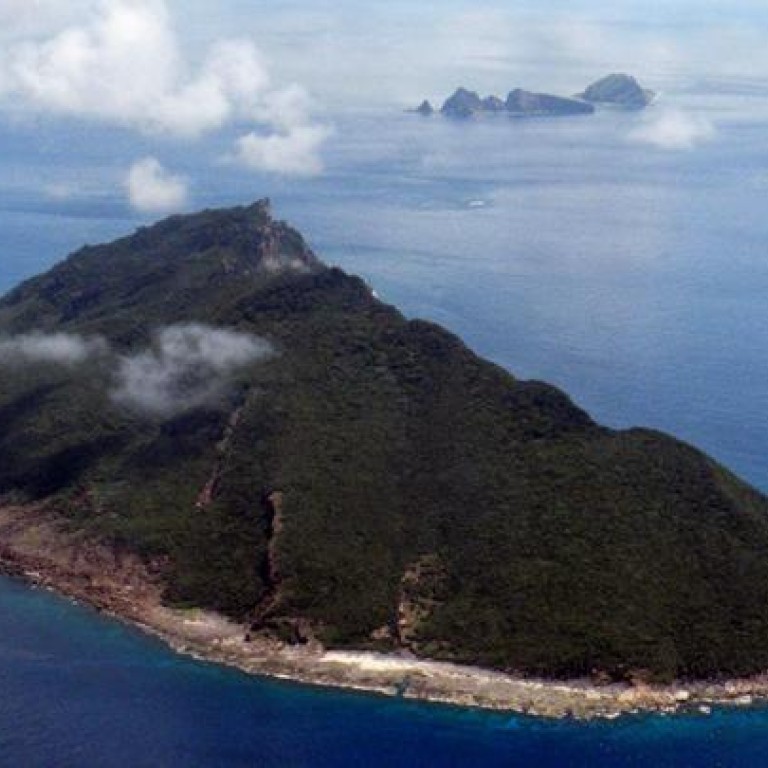
A more assertive China is here to stay
Peter Li says Japan must adjust to the new reality and build trust
China's assertive response to the tug of war with Japan over the disputed Diaoyu Islands has strong domestic support. Nationalistic sentiments have been surging. Memories of Japanese atrocities done to the Chinese people have been kept fresh through the mass and social media. Japan's acts denying its war crimes, calling the "comfort women" prostitutes, and enshrining the war criminals have added fuel to the Chinese fury.
To many in China, regaining lost territories such as the Diaoyus is as justified as resuming China's sovereignty over Hong Kong and Macau. In their opinion, it does not equate with territorial expansion. The Chinese leadership cannot be oblivious to the popular sentiment, which can undermine political stability if not properly managed.
Admittedly, Beijing is no pawn to be moved at will by popular sentiment. A forceful response to Japan's "provocation" serves to deter similar actions by other countries with which China has territorial disputes.
China has so far displayed rare assertiveness in the current crisis. Viewed as a strategic competitor to the US, China today looks like a more formidable challenger than the Soviet Union. In retrospect, the Soviet economy never reached 10 per cent of the US gross domestic product at any point during the cold-war years.
China's breathtaking growth in the past three decades has shown that a reforming communist state is no roadblock to growth. According to one estimate, China will replace the US as the world's biggest economy by 2030. Despite this prospect, China's navy is unlikely to patrol the world's oceans for the sake of showcasing its raw power, as Moscow did in the past. China is perhaps more motivated to send its warships overseas to protect the trade routes for its commercial fleet.
Understandably, China's growing strength has not been well received. Japan's right-wing politicians are perhaps most taken aback by its exponential growth. Towards the end of the 1990s, many who questioned the capacity of authoritarian regimes for prolonged economic growth entertained the idea that China's growth could not be sustained and that "China's collapse" was looming. Yet that did not materialise.
Japan's uneasiness intensified with China overtaking one major economy after another in the new century. When Japan was finally elbowed out of its position as the world's second-largest economy in 2010, its uneasiness seemed to have turned into uncontrollable frustration.
China-bashing and calls to make Japan a normal state, namely, to abolish the post-war international agreements on its status, are manifestations of the frustration.
True, China may never catch up with the industrialised world in per capita GDP. Yet, the amount of the national resources under the control of the Chinese authorities will remain staggering. Given its memory of the Opium Wars and the "Rape of Nanking", China would be making a historical mistake not to utilise its newfound wealth to modernise its defence capabilities. A strong army can be a deterrent.
An armed conflict with Japan and the US advances nobody's interest. Such a conflict among the world's three top economies would send the global community to the abyss of stagnation and recession.
The new leadership in Beijing is perhaps more motivated to show to its people that the new team has the right credentials and resolve to safeguard political stability, territorial integrity and the nation's global commercial interests.
Japan's coming to the negotiation table to talk about the disputed islands can be the first step leading to the relaxation of the tensions between the two countries. To co-exist with its East Asian neighbours, Japan must learn to adapt to the new reality in the region, honour in earnest the terms of its surrender laid down in 1943 and 1945 by the Allied powers, and make efforts to foster mutual trust.
